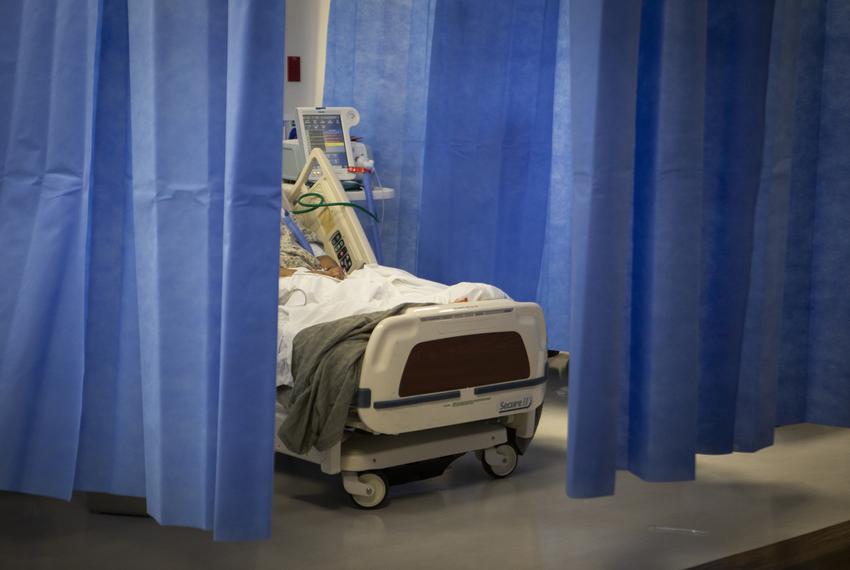A Canadian man’s health emergency has turned into an international ordeal as he remains stranded in a Costa Rican hospital due to a severe bed shortage back home in Ontario. Grant Rice, a 69-year-old from Calabogie, west of Ottawa, was vacationing in Costa Rica when he unexpectedly fell ill, developing symptoms that rapidly escalated into a serious medical condition.
A Holiday Turned Nightmare
Rice’s winter getaway took a dire turn earlier this month when he began experiencing numbness in his tongue, which soon spread to his face, causing difficulty swallowing and breathing. His condition deteriorated so rapidly that his daughter, Emma, flew to Costa Rica on April 9 upon learning of her father’s worsening health.
Upon arrival, Emma was shocked at the care her father was receiving. “He was still in his street clothes… he had an oxygen line in his nose, but he was not good. I found him at the edge of the bed unable to breathe,” she recounted. Her presence seemed to catalyze a better response from the medical team; soon after, Rice was properly diagnosed with Guillain-Barré syndrome, a rare autoimmune disorder that can cause nerve paralysis.
Stranded Due to Healthcare Shortages
The real predicament began when attempts to transfer Rice back to Ontario for continued care hit a wall. Despite several efforts, including a formal request on April 10, no hospital beds were available. “I asked them to expand the search area, but so far, I’ve had no luck. They’ve had no luck,” Emma explained, highlighting a recurring issue in the Ontario healthcare system where patients are often stranded due to unavailable beds.
Bureaucratic Responses
In response to inquiries, a spokesperson for the Ontario Minister of Health insisted that the province always has critical care beds available for severely ill patients and that insurance companies are typically responsible for arranging and funding patient transport back to Ontario. However, for the Rice family, these assurances have not translated into practical solutions.
A Daughter’s Advocacy
Navigating a foreign healthcare system without speaking the local language has been overwhelming for Emma, who has never visited Costa Rica before. Her ordeal is compounded by logistical challenges such as finding food and rest while she stays by her father’s bedside, advocating tirelessly for his care and repatriation.
The Human Cost of Healthcare Deficiencies
This situation underscores significant issues within the Canadian healthcare system, particularly in handling cases that require urgent international transfer. Emma’s frustrations are palpable as she faces bureaucratic hurdles that prevent her father from receiving the necessary care in their home country—a country where healthcare is a taxpayer-funded right.
The Waiting Game
As they wait for a solution, the Rice family’s story highlights the human impact of healthcare system inefficiencies and the challenges of medical emergencies abroad. For now, Emma remains in Costa Rica, determined not to leave her father’s side until he can safely return to Canada on a medical evacuation flight—a scenario that remains uncertain as they navigate the complexities of international healthcare logistics and provincial capacity issues.
This case not only draws attention to the specific challenges faced by one family but also calls into question broader systemic issues that could affect any traveler in a similar situation, emphasizing the need for robust support systems for citizens facing medical crises abroad.

